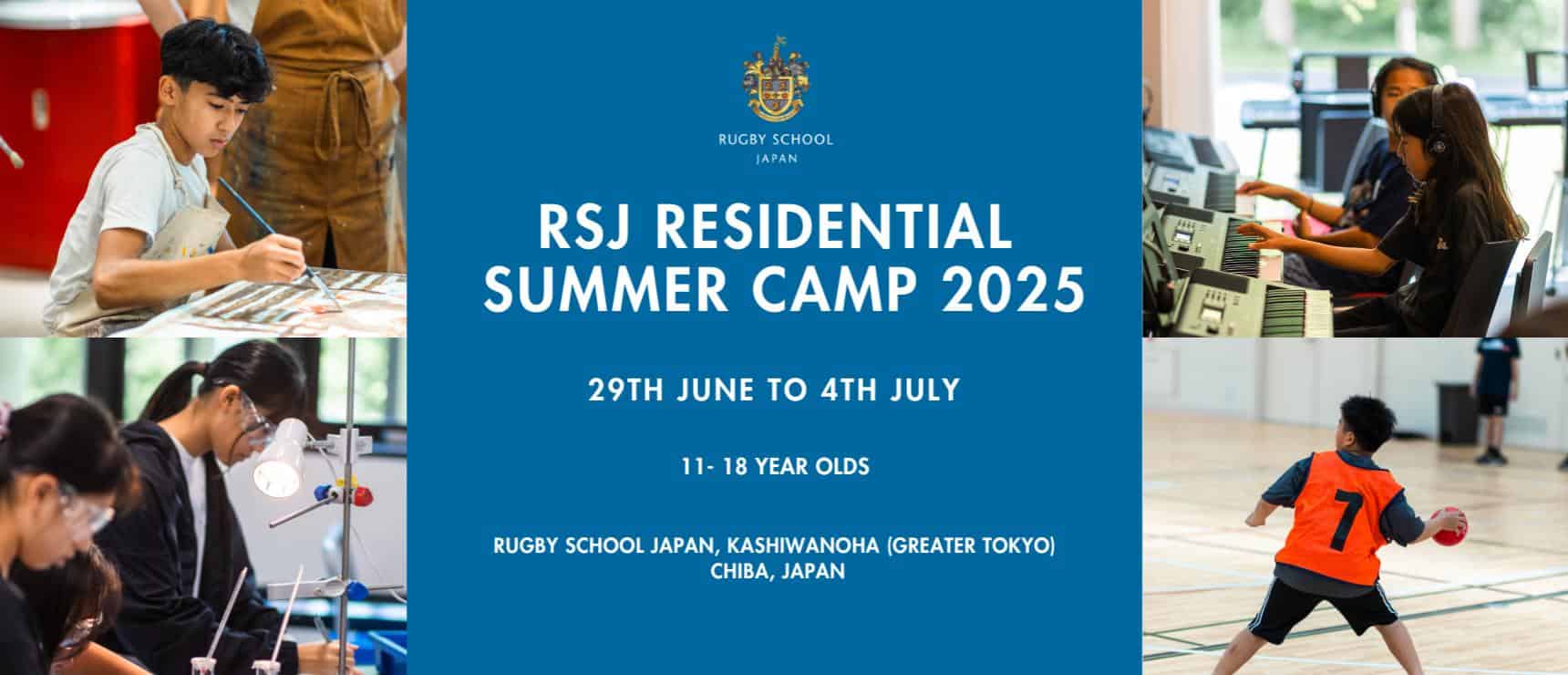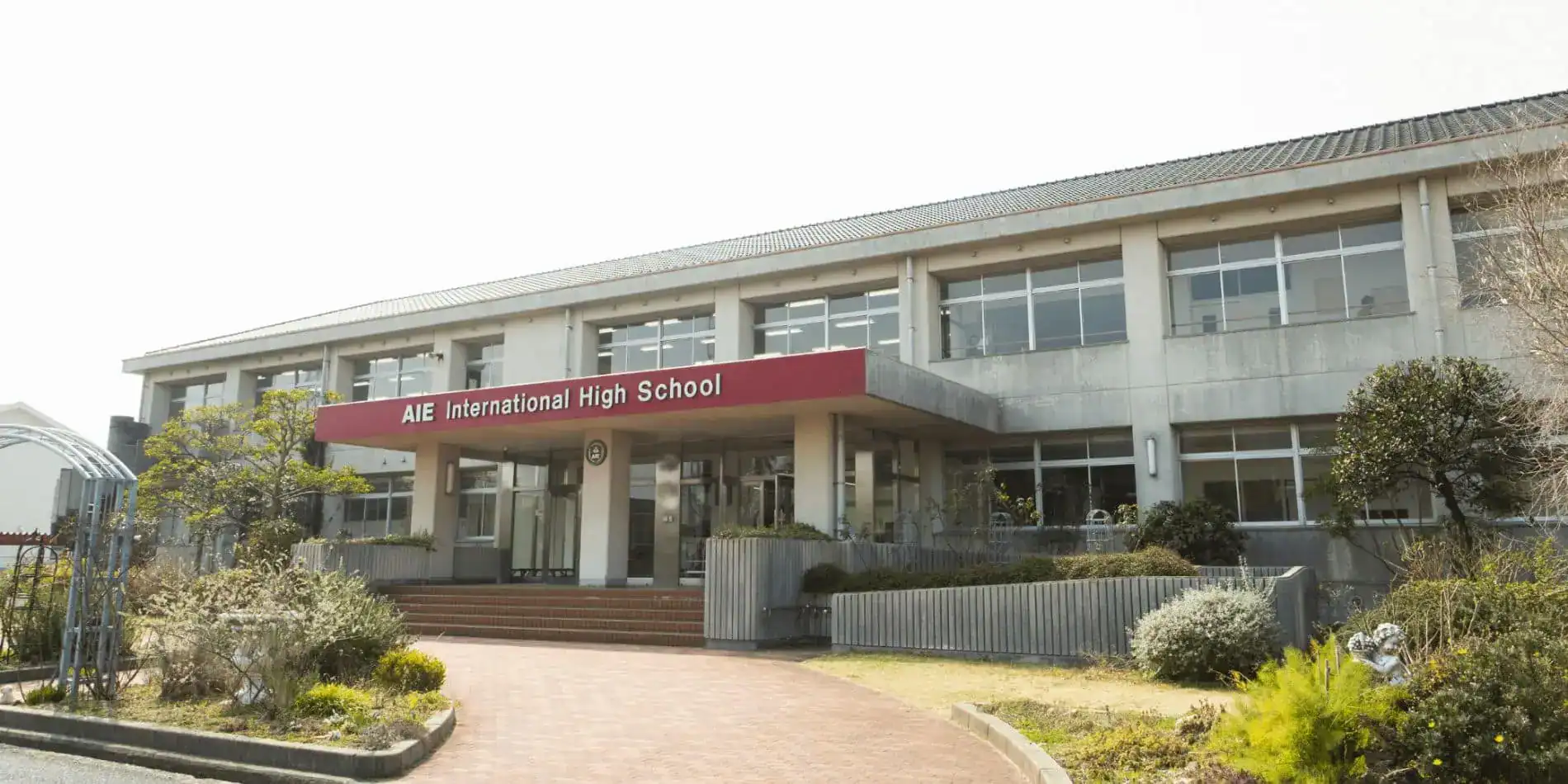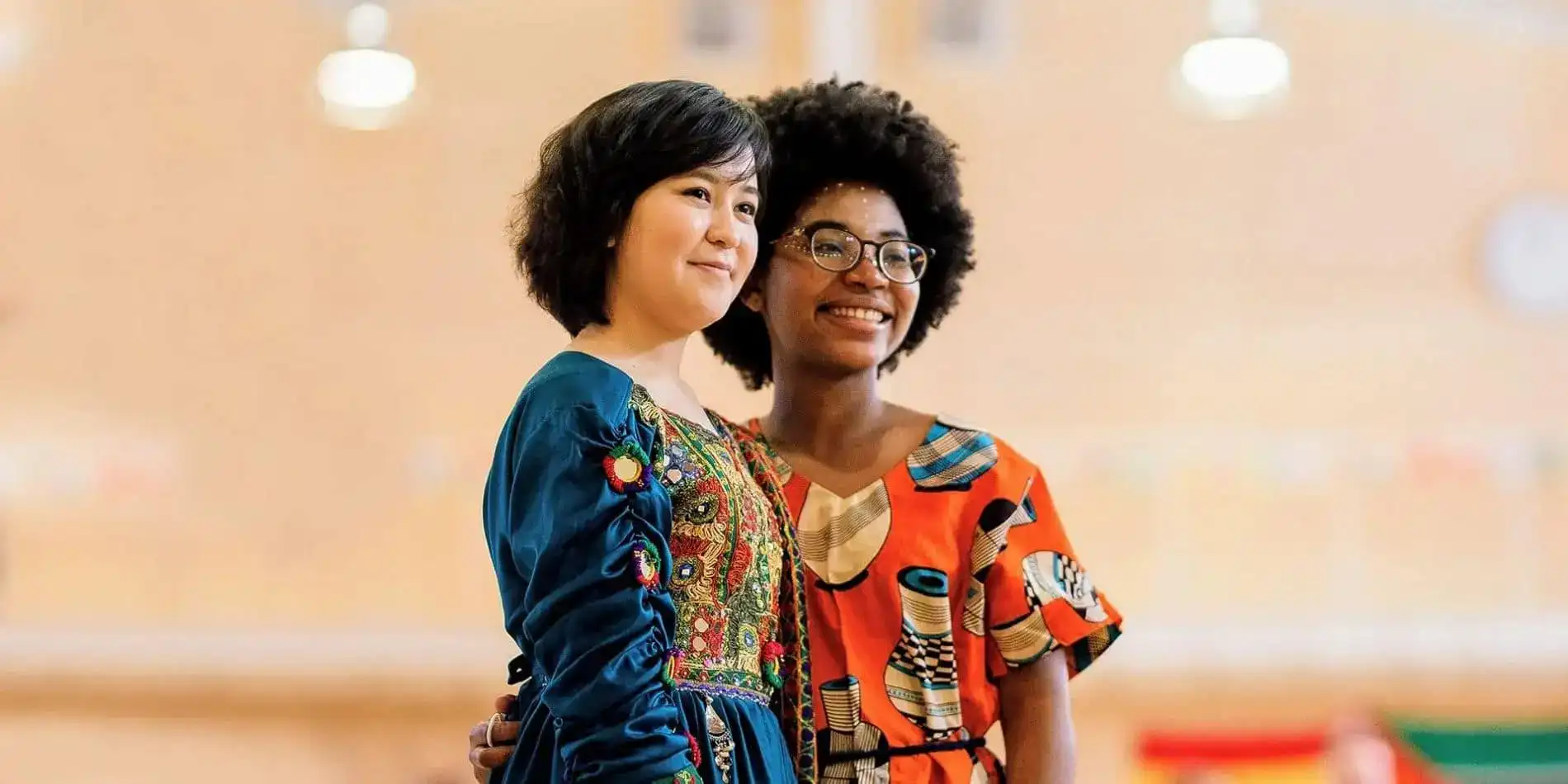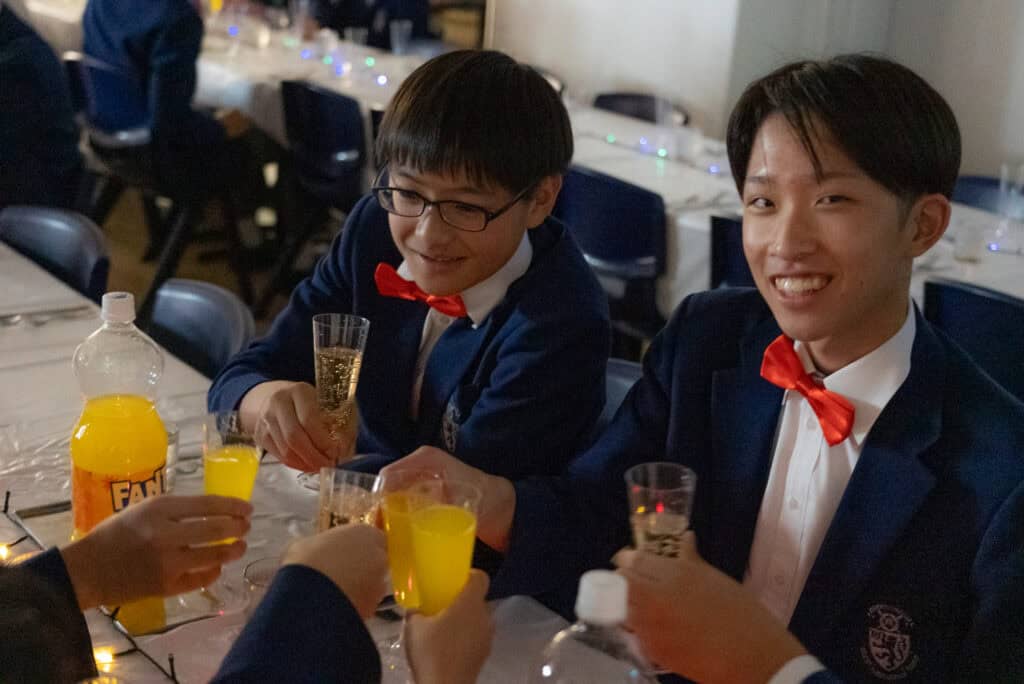If you’re looking for the best boarding schools in Japan, you’ll find plenty of options when you browse our complete handpicked list below.
Compare Boarding Schools in Japan
The comparison table highlights the most relevant schools. The full list is available below. Click on column headers to sort.
| School | City | Type | Curriculum | Ages | Tuition |
|---|---|---|---|---|---|
|
Rugby School Japan |
Tokyo | Boarding School | British Curriculum | 11–18 | From $59,500 |
| Hiroshima Global Academy | Hiroshima | Boarding School | IB Curriculum | 1–19 | Contact school |
| AIE International High School | Hyōgo | Boarding School | IB Curriculum | 1–19 | Contact school |
| Matsumoto Kokusai High School | Chūbu | Boarding School | IB Curriculum | 1–19 | Contact school |
| NUCB International College | Chūbu | Boarding School | IB Curriculum | 1–19 | Contact school |
| UWC ISAK Japan | Nagano | Boarding School | IB Curriculum | 1–19 | Contact school |
| Harrow International School Appi Japan | Hachimantai | Boarding School | British Curriculum | 11.0–18.0 | Contact school |
Top Boarding Schools in Japan
Filters
Rugby School Japan
AIE International High School
Hiroshima Global Academy
Matsumoto Kokusai High School
NUCB International College
UWC ISAK Japan
Harrow International School Appi Japan
Why Choose Boarding Schools in Japan
Japanese boarding schools excel in providing a holistic education that combines rigorous academics with a focus on personal growth and community involvement. These institutions prepare students for global challenges through a blend of Eastern and Western educational philosophies, supported by comprehensive support systems and a safe, nurturing environment.
Unique Educational Philosophies
Japanese boarding schools often integrate a unique educational philosophy that balances traditional learning with modern pedagogical techniques. Influenced by both Eastern and Western educational practices, these schools strive to foster global citizens equipped to handle the challenges of a rapidly changing world. This holistic approach is apparent in their curriculum which includes not only the core subjects but also arts, sports, and cultural activities, ensuring that students receive a broad and balanced education.
Academic Rigor and Preparation
Academically, these schools are structured to prepare students for university-level education, with a strong emphasis on science, mathematics, and technology. Advanced placement courses, International Baccalaureate programs, and specialized science tracks are common offerings that help students gain a competitive edge. The rigorous academic environment is supported by small class sizes and personalized attention from faculty, which significantly enhances learning outcomes and student engagement.
Residential Life and Personal Growth
The residential aspect of these schools plays a critical role in student development. Living on campus allows students to immerse themselves in a nurturing environment where they can learn independence and social skills. The close-knit community at boarding schools helps in building lifelong friendships and networks. Moreover, the schools promote a range of extracurricular activities that contribute to leadership skills and personal growth. From sports teams to music bands and student-led clubs, the opportunities for self-expression and involvement are plentiful.
Support Systems and Safety
Japanese boarding schools are also noted for their robust support systems. Comprehensive pastoral care ensures that the emotional, social, and academic needs of students are met. Safety is a top priority, with campuses designed to be secure while still offering students the freedom to explore and grow. Parental involvement is encouraged through regular updates and community events, bridging the gap between home and school life.
In conclusion, the boarding schools in Japan offer more than just a pathway to academic success; they provide a transformative experience that prepares students for life. The blend of rigorous academics, a supportive environment, and rich extracurricular activities makes these schools an excellent choice for parents looking to give their children a world-class education in a safe and nurturing setting.
How much does it cost to attend Boarding Schools in Japan?
The yearly tuition fees for boarding schools in Japan generally range from $20,000 to $50,000 per year. This cost can vary based on factors like the curriculum, campus facilities, and services offered — with some top-tier schools exceeding $60,000 annually.
| Category | Low Range | High Range |
|---|---|---|
| Annual Tuition | $20,000 | $50,000 |
| Monthly Equivalent | $1,670 | — |
| Registration Fee (one-time) | $1,000 | $2,000 |
| School Trips | $500 | $1,500 |
| Total Estimated Annual Cost | $22,720 | $55,000 |
Note: Costs shown are estimates based on available data. Contact schools directly for current fee structures. Additional costs may include transportation, meals, extracurricular activities, and exam fees.
Frequently Asked Questions
There are currently 7 boarding schools in Japan. These schools offer curricula including IB Curriculum, British. Our directory is regularly updated.
Annual tuition fees for boarding schools in Japan typically range from $22,720 to $55,000 per year. This usually includes accommodation, meals, and extracurricular activities. Day student rates are typically 30-40% lower. We recommend contacting schools directly for detailed fee structures and scholarship opportunities.
Boarding Schools in Japan offer curricula including IB Curriculum, British. The IB programme offers a globally recognized diploma. British schools typically offer IGCSEs and A-Levels.
When selecting a boarding school in Japan, consider:
- Boarding facilities: Quality of accommodation and pastoral care
- Curriculum: Alignment with your child's future goals
- Community: Student diversity and school culture
- Location: Accessibility for family visits
- Extracurriculars: Sports, arts, and enrichment programs
Use our school profiles and comparison tools to make an informed decision.
Boarding Schools in Japan accept students from 1 to 19 years old. This covers early years through high school, with each school having specific grade levels. Use our age filters to find schools matching your child's specific needs.
The admission process typically includes:
- Application: Submit forms and required documents
- Academic records: Transcripts and recommendations
- Assessment: Entrance tests or interviews may be required
- School visit: Tours and meetings with admissions
Contact schools directly for specific requirements and deadlines.
News & Events from Boarding Schools in Japan
See all →
A Parent’s Guide to Studying A Levels in Japan
Feb 6, 2026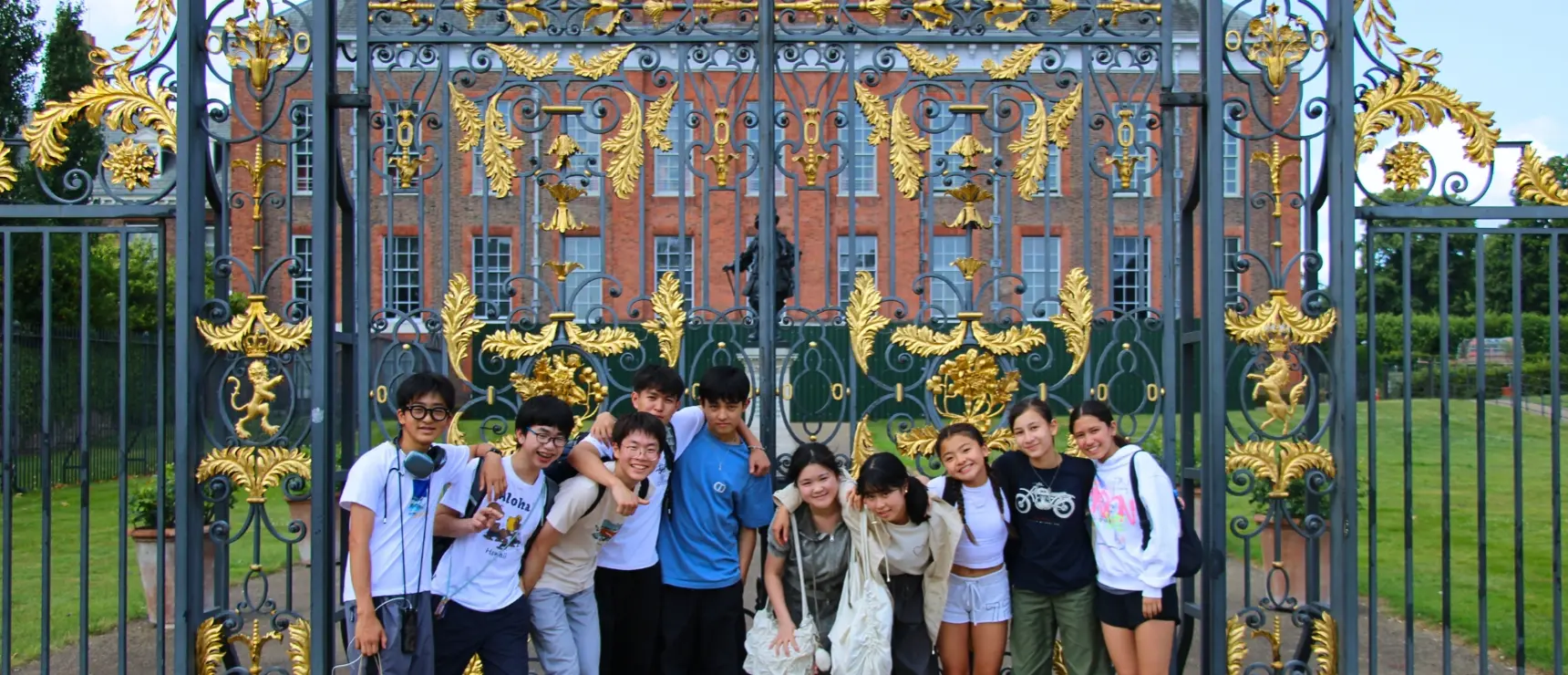
Global Connections, Lifelong Friendships: Rugby Group Exchanges
Aug 29, 2025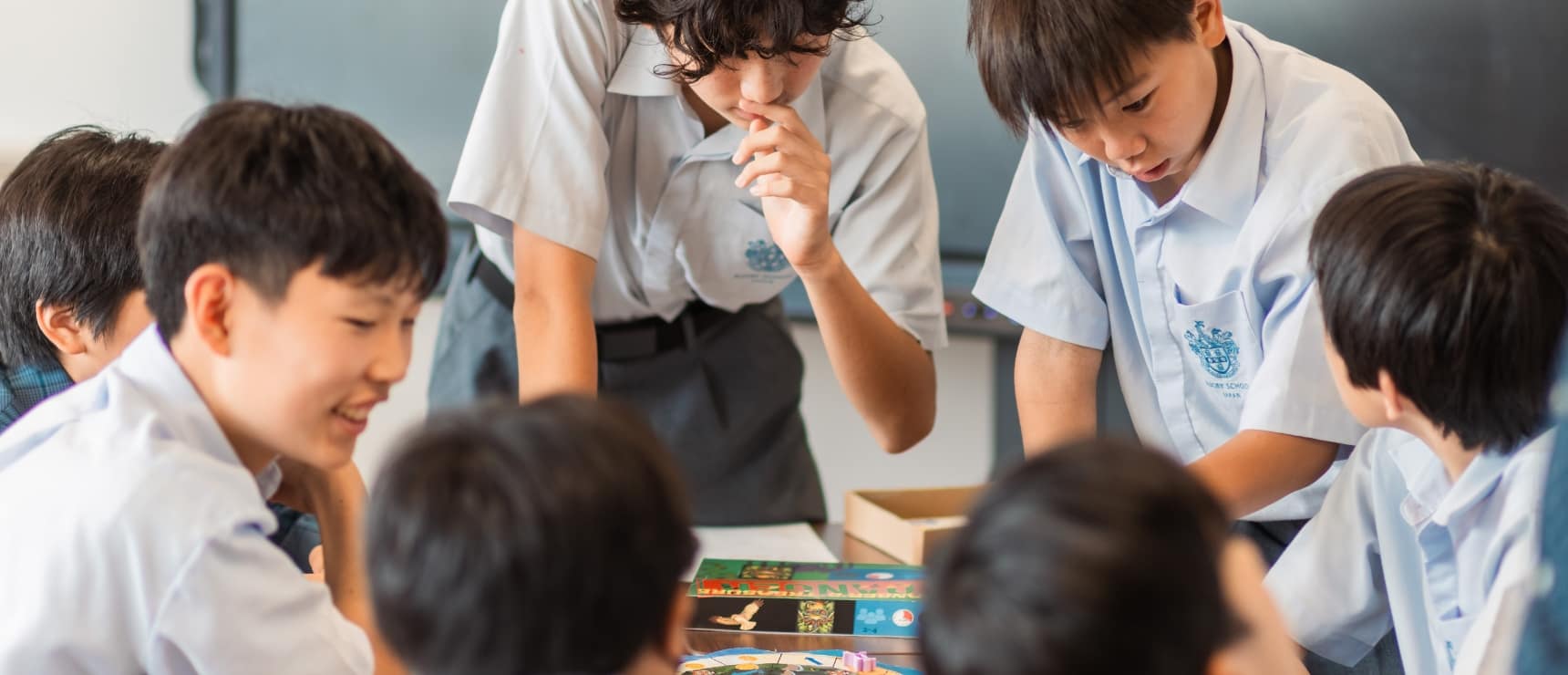
Designing for Play: How RSJ is Teaching Pupils to Think Creatively
Jul 21, 2025
What World-Leading Universities Are Really Looking For – And How the Right School Sets Pupils Up for Success
Jun 23, 2025